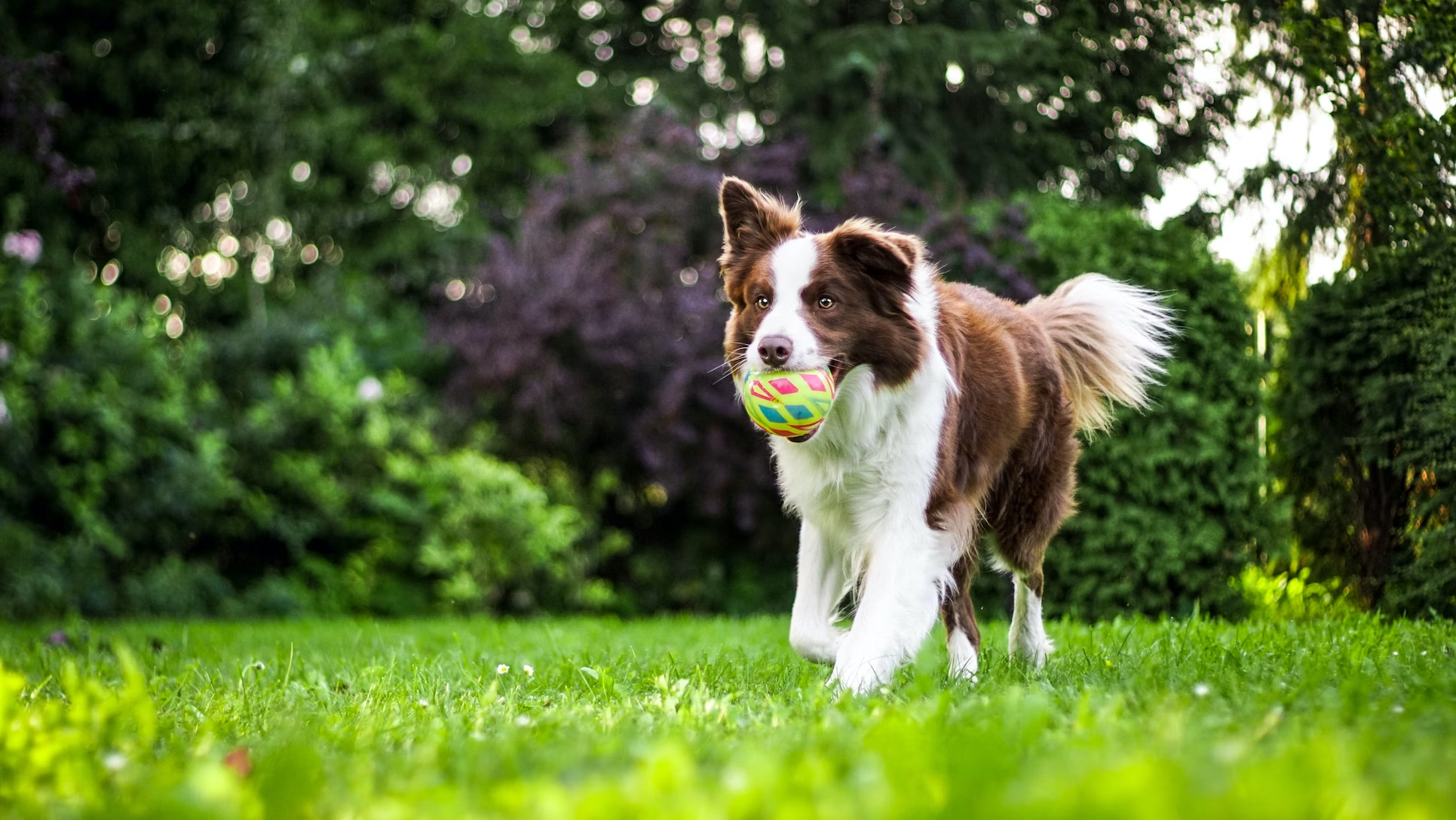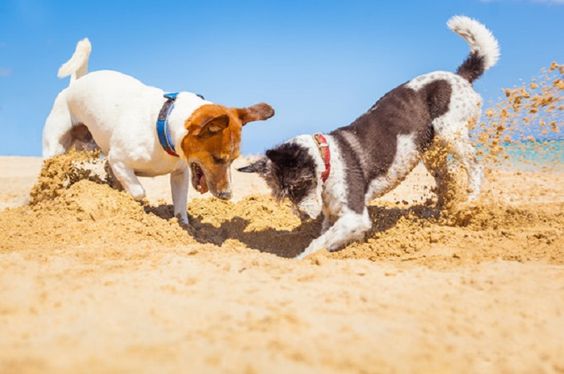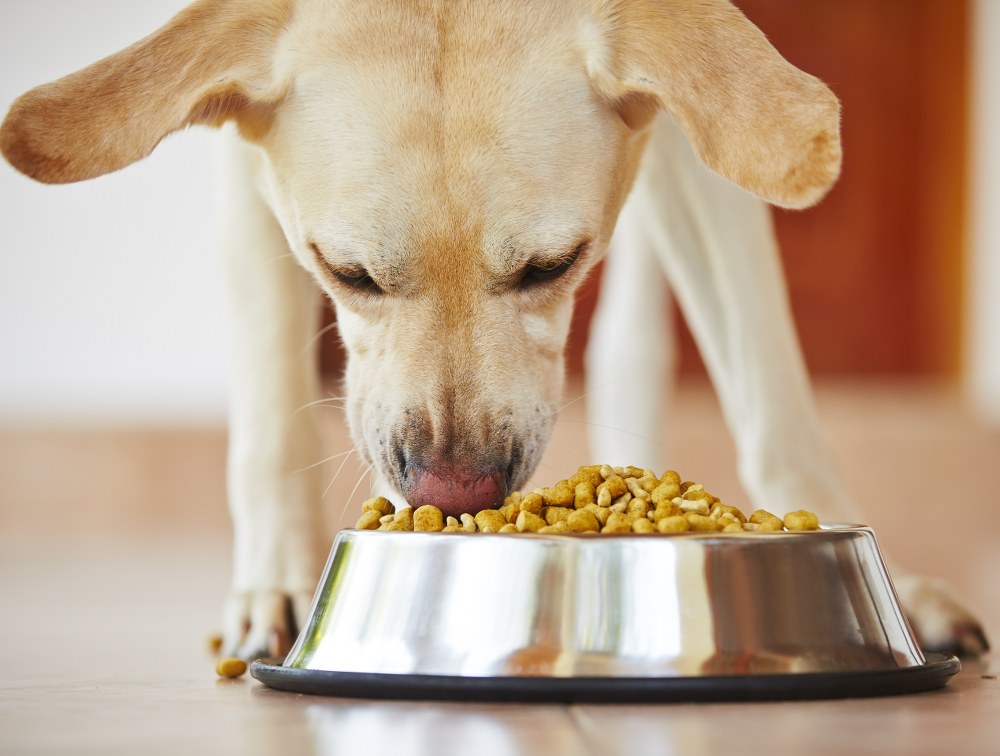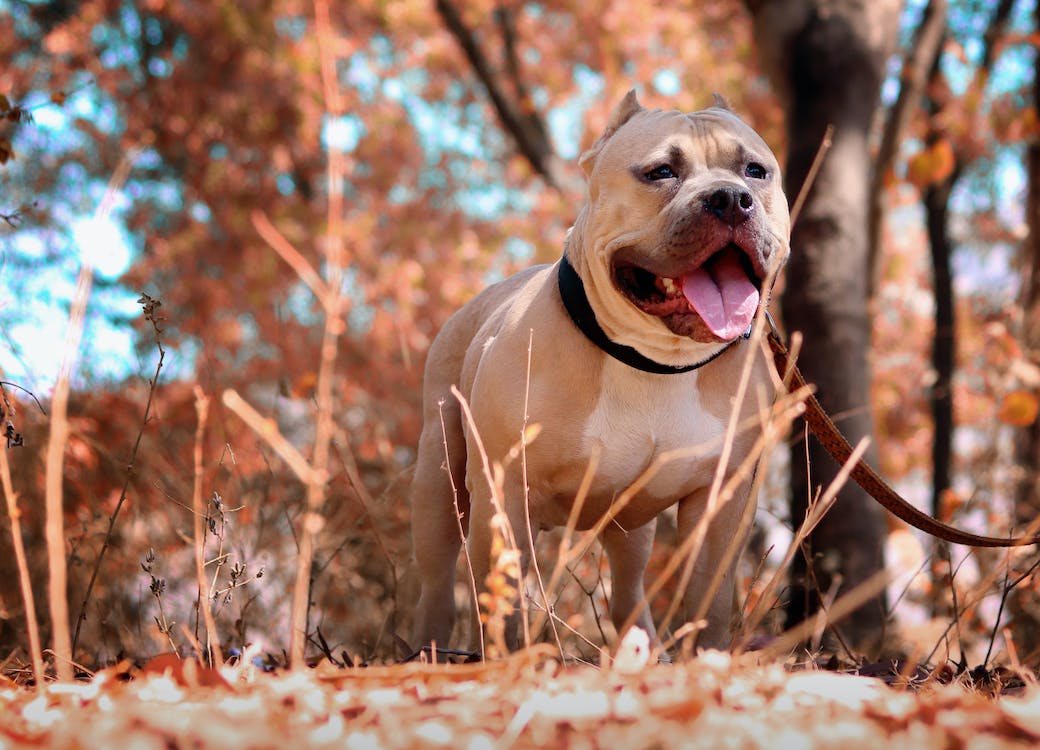We are always trying to figure out everything our dogs are doing. If you’ve ever noticed your dog snorting, you may be wondering why. In this article, we will explain to you why dogs snort. Join us as we take a deeper dive into the world of dogs and explore the factors that cause dogs to snort.
Anatomical factors
To truly understand why dogs snort, we should first understand their unique physiology. A dog’s nasal passages, soft palate, and airways play important roles in respiratory function. Certain breeds, such as brachycephalic breeds with shorter noses such as bulldogs or pugs, may be more prone to snorting due to specific anatomical characteristics.
Sensory overload: the fascinating world of smells
Dogs experience the world through their noses, and purring can sometimes be related to their sensory experience. Imagine your dog smells a lovely scent and their nostrils flare, inhaling eagerly. When dogs encounter an unusually strong or intriguing odor, their noses will forcefully inhale the air.

Fun and excitement: Hum with pleasure
Dog snorting can also express joy and excitement. Picture your dog scampering around the park, wagging their tail violently and snorting suddenly, as if their enthusiasm is unquenchable. Dogs often snort when playing, which is a sign that they feel happy.
Allergies and irritants: snus culprits
Just like humans, dogs can develop allergic reactions to various substances in their environment. Snorting can be a reaction to allergens like pollen, dust mites, certain foods, or even environmental irritants like smoke or strong odors. These allergens can trigger a respiratory response, causing them to snort to relieve discomfort or clear their airways. If you suspect your dog’s snorting is caused by allergies, consult your veterinarian for proper diagnosis and treatment.
Breathing problems
While snorting is normal behavior in some situations, it can also be a red flag of underlying respiratory problems. Dogs may develop nasal congestion, respiratory infections, or even sneeze due to nasal congestion. Certain breeds, especially those with brachycephalic characteristics, are more prone to respiratory problems and may experience more frequent or severe nasal spray symptoms. If you notice that your dog is persistently snorting, has difficulty breathing, or has other related symptoms, seek veterinary help immediately.
Snorting and Reverse Snorting: Explaining the Difference
Dog owners often confuse snorting with reverse snorting, which is another strange behavior commonly seen in our dogs. Snorting is a forceful inhalation of air through the nose, while reverse snorting is a series of rapid, repetitive inhalations through the nose, accompanied by a distinctive snorting or trumpeting sound. Understanding the difference between snorting and reverse snorting is critical to determining whether further investigation is needed.
Conclusion
There are many reasons why dogs snort, and a variety of factors contribute to this common behavior. Understanding the reasons behind this allows us to take better care of our dogs. What needs to be understood is that every dog is unique, and the same condition may be normal in one dog but requires attention in another dog. We should keep a close eye on our dogs, seek professional advice when needed, and provide our furkids with a loving environment so they can live healthy and happy lives.



